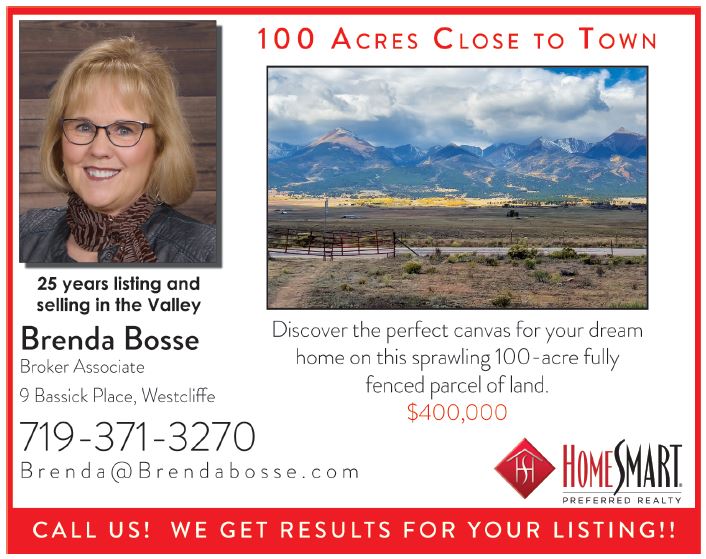Few realize that daylight saving time, which will greatly benefit us all once again this Sunday, likely started because a New Zealand insect collector wanted to have more daylight after work to pursue his hobby in the 19th century. The idea that got kicked around the world, as much of the factory world had been obsessed with, was called Scientific Management, a now mostly-debunked idea started by Frederick Tayor, which was an euphemism for factory managers lording over workers to get them to work even harder and faster.
It was World War I that got Germany to give the idea of trying to save on fuel for the war effort, but frankly, there have never been noticeable savings in energy resources. The United States joined in 1918. In 2023, 62% of Americans polled said they wanted daylight savings time to end, but each year, legislation dies for the status quo.
So, in celebration of this strange tradition of our society, here are some quotes from the Colorado Historical Newspaper Collection about Daylight Saving which went into effect in 1918. Plus, we have included some of the articles in 1919 on efforts to repeal the Daylight Saving Law
The Gilpin Observer – February 21, 1918
Sometimes it Can’t Be Done. “‘Early to bed and early to rise’ is a good old motto.’” ‘Well,’ replied Grannie Rilem, gloomily. ‘This daylight saving’s all right, of course. But out our way, somebody’s simply got to stay up all night to tend the furnace.’”

The Rocky Mountain Collegian – CSU Fort Collins – March 21, 1918
Under the new “Daylight Savings” plans, which goes into effect March 31 at midnight, the milers will have plenty of time to work out before darkness sets in.
The Rocky Mountain News – June 2, 1918
The motion picture exhibitors say that the daylight saving scheme has hit them hard. While it is light, it seems too early to go to the movie, and we stay home and water the onions, and then, when we look at our watch, it is too late to go.
The Arvada Sun – December 6, 1918
Des Moines, IA – Farmers of Iowa will oppose the daylight savings plan another year, according to the statement made by Carl N. Kennedy, county agricultural agent at Des Moines. Mr. Kennedy is conducting an investigation of the question, owing to several complaints made by farmers. They claim that they lose an hour’s work, especially during haying, harvesting, and other times when the heavy morning dews interfere with harvest work. Under the old system of time, the dew was dried off the fields by 8:30 a.m. and allowed a normal day’s work. Under the new system, they are not able to get into the fields until 9:30 a.m., and consequently lose an hour’s time when time is a very vital question in harvesting and having grain and other crops. Regardless of the time work is begun in the morning, hired farm hands insist on quitting at 6 p.m., no matter what the weather conditions or the harvest situation may be.
The Cañon City Record – March 13, 1919
Failure of Congress to pass the agricultural appropriation bill with the rider attached that would have repealed the daylight saving law will result in the observance of the daylight plan this year. Clocks throughout the country will be turned up an hour on March 31. A bitter controversy over the advisability of the plan came up in Congress and in cities and towns throughout the country. City dwellers, as a rule, favored the plan, while the farmers opposed it.
The Routt County Sentinel – March 21, 1919
Notwithstanding the disapproval of practically all engaged in agricultural pursuits and a great majority of those in other vocations, the so-called “daylight savings” program is to again be imposed upon the country this year, Congress having failed to repeal the absurd law.
The Lyons Recorder – March 22, 1919
The last Sunday of this month is time set by Congress for changing of the time one hour. This law will have to be repealed by Congress before it can be abandoned. But from the general satisfaction it has proven to be, most people are favorable to it and ready to welcome the change at 2 o’clock the morning of March 30.
Fort Collins Courier – July 12, 1919
Washington, July 12 – President Wilson has vetoed the agricultural appropriation bill because it carries with it the repeal of the daylight savings law.


